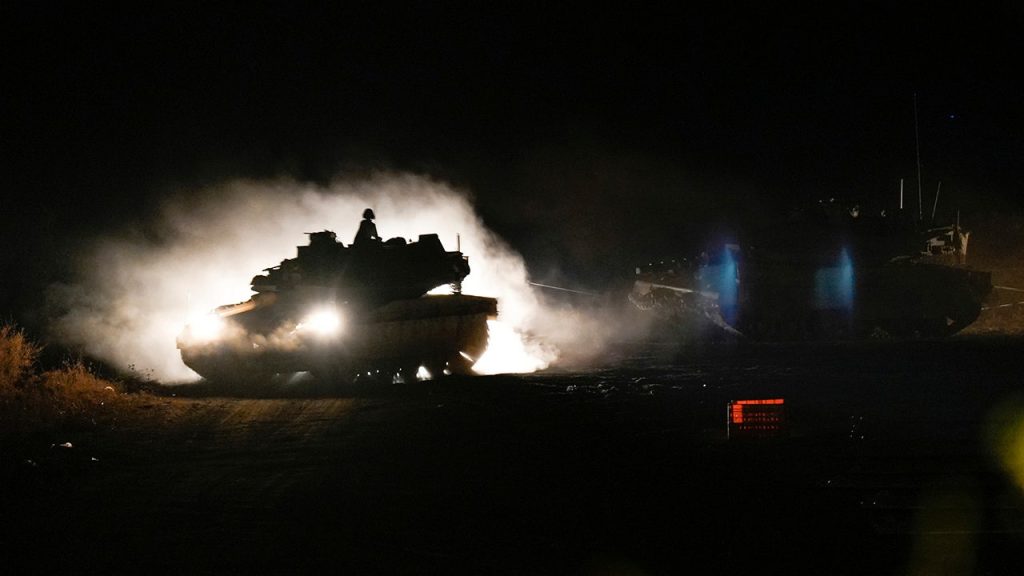In the early hours of Tuesday morning, Israel’s Political-Security Cabinet agreed on an operational strategy for a “limited” invasion into Lebanon. However, tensions were high after news of the operation leaked hours before the meeting, frustrating officials. The U.S. confirmed the imminent invasion, with President Biden appearing to confirm the claims while expressing discomfort with the operational plans and calling for a cease-fire. The U.S. State Department was informed of the operations, characterized as limited and focused on Hezbollah infrastructure near the border, with ongoing conversations between the U.S. and Israel about it.
There was frustration among Israeli ministers towards both U.S. officials and the Israel Defense Forces (IDF) following the leak of the operation. Reports suggested that Israeli special forces had been engaging in cross-border raids for months prior. The IDF’s reference to the operation before the ministerial debate added to the frustration, leading to requests to avoid spreading rumors about IDF activities. Following the meeting, the IDF confirmed that limited, localized, and targeted ground raids were initiated based on precise intelligence against Hezbollah targets in southern Lebanon posing a threat to Israeli communities in northern Israel.
Sources indicated that the operation was intended to be limited in scope and quicker than the 2006 operation in Lebanon, which lasted 34 days and resulted in numerous deaths and injuries. Israel did not provide advance notice to the U.S. regarding the operation, with Defense Minister Yoav Gallant notifying Secretary of Defense Lloyd Austin as the operation began. Secretary Austin clarified that the U.S. was not involved in the operation, and there was no advance warning from the Israelis. The State Department did not immediately respond to requests for comment on the situation.
The IDF’s limited, localized, and targeted ground raids were aimed at Hezbollah terrorist targets and infrastructure near the border with Lebanon. These targets, located in villages close to the border, were identified as posing an immediate threat to Israeli communities in northern Israel. The operation was in response to ongoing tensions and security concerns in the region, particularly related to the activities of Hezbollah and other terrorist groups. The objective of the raids was to eliminate these threats and protect Israeli civilians living near the border.
President Biden’s discomfort with the operational plans and call for a cease-fire highlighted the complex dynamics at play in the region, with various stakeholders expressing differing views on the situation. While the U.S. was kept informed about the operations, tensions between Israeli officials and the U.S. and IDF added further complexity to the situation. The decision to proceed with the ground raids reflected Israel’s commitment to addressing security threats and protecting its citizens, despite the challenges and controversies surrounding the operation. Ongoing dialogue and cooperation between Israel and the U.S. were crucial in navigating the evolving security landscape in the region.


